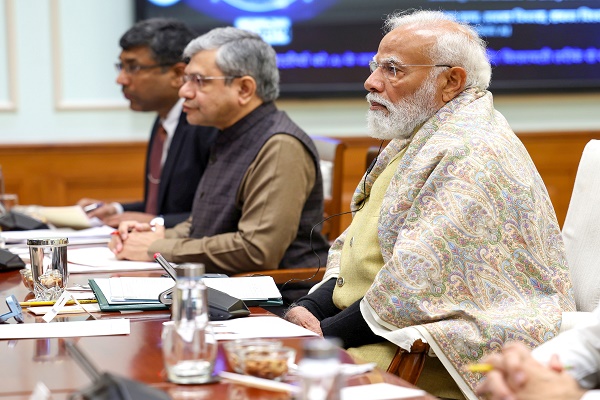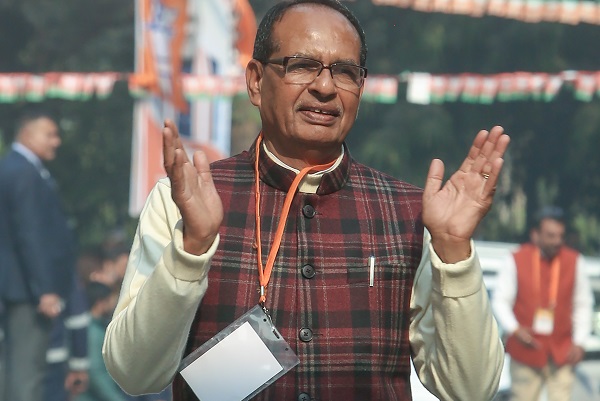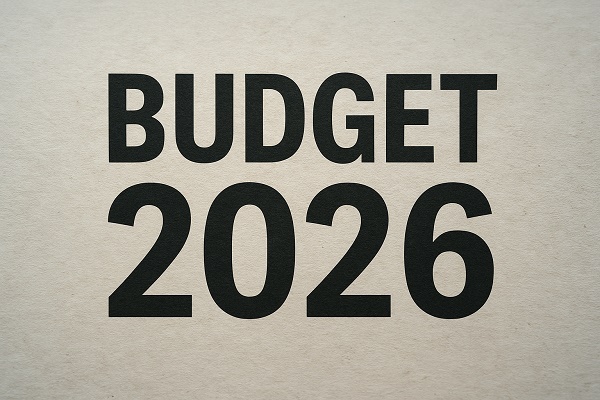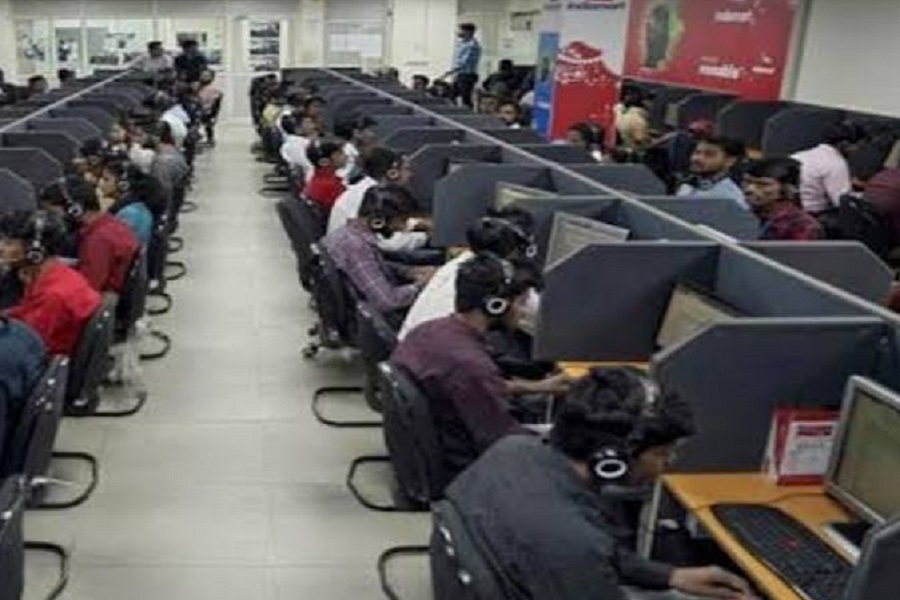General Elections - Will the Housing Market Create Another Peak in 2024?

General elections and residential real estate appear closely linked - at least, that is what the previous two election years' data trends indicate. 2014 and 2019, both election years, saw housing sales create new peaks. In 2014, sales in the top 7 cities scaled up to approx. 3.45 lakh units while new launches were the highest ever at nearly 5.45 lakh units.
Likewise, in 2019, housing sales scaled up to approx. 2.61 lakh units while new launches increased to approx. 2.37 lakh units after a lull in the residential real estate market between 2016 and 2019. Major structural reforms like DeMo, RERA, and GST, introduced in 2016 and 2017, transitioned Indian real estate from something of a Wild West frontier market to more organised and regulated.
Most fly-by-night developers have exited the market since then and organised players have emerged in strength, significantly reviving confidence among homebuyers.
Anuj Puri, Chairman - ANAROCK Group, says, "A major factor driving the housing market's phenomenal performance in 2014 and 2019 would have been the decisive election results. For homebuyers, it was an end to fence-sitting and a confident move to 'buy' positions."
On examining the price trends in these election years, it emerges that 2014 was a better year than 2019. ANAROCK data indicates that in 2014, the average prices in the top 7 cities rose by over 6% annually against the preceding year – from INR 4,895 per sq. ft. in 2013 to INR 5,168 per sq. ft. in 2014. As for 2019, average prices rose by merely 1% annually – from INR 5,551 per sq. ft. in 2018 to INR 5,588 per sq. ft. in 2019.
India's residential real estate sector witnessed a major slowdown between 2016 to 2019. The major market shake-up brought on by policy reforms between 2016 and 2017 was followed by the NBFC crisis post the IL&FS issue in 2018. This caused considerable turmoil in the residential real estate industry.
From 2019 onwards, the first green shoots of revival were temporarily dampened by the pandemic in early 2020. Thereafter, against all expectations, the housing market went into overdrive from 2021 onwards and the momentum continues till date.
How will the current election year (2024) pan out for the Indian housing market?
"As things stand now, all signs currently favour the residential market in 2024, and the year can well create another peak in housing sales and new launches," says Puri. "Housing demand continues to be upbeat across cities after the announcement of the election dates, with homebuyers remaining highly optimistic about the real estate market."
Factors Favouring a New Peak in 2024:
- Most real estate regulatory reforms and norms are already in place, and the worst of the shake-up is behind us.
- International organizations like IMF have strong GDP growth predictions for India for the next few years. The Indian economy is growing rapidly, and this indirectly has a positive impact on the real estate market.
- Inflation is currently well under control, bolstering financial optimism and confidence among homebuyers.
- Based on growing homebuyer demand, developers have closed substantial land deals in the last one year, and most of their balance sheets are clean. Many large developers with good track records and solid balance sheets are venturing into newer territories to increase their presence.
Above views are of the author and not of the website kindly read disclaimer























